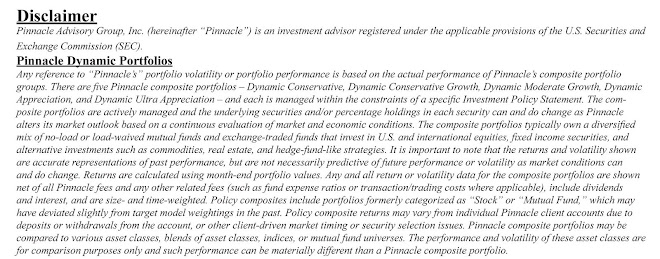Ed Yardeni, the President and Chief Investment Strategist for Yardeni Research, in his March 4th Morning Briefing, quoted Fed Chairman Ben Bernanke on the subject of asset bubbles. Here is Yardeni quoting Bernanke about the role of the Fed relative to bubbles:
In his January 3 speech before the American Economic Association, Mr. Bernanke refused to accept any blame for the housing bubble. He concluded his remarks as follows: “Is there any role for monetary policy in addressing bubbles? Economists have pointed out the practical problems with using monetary policy to pop asset price bubbles, and many of these were illustrated by the recent episode. Although the house price bubble appears obvious in retrospect--all bubbles appear obvious in retrospect--in its earlier stages, economists differed considerably about whether the increase in house prices was sustainable; or, if it was a bubble, whether the bubble was national or confined to a few local markets. Monetary policy is also a blunt tool, and interest rate increases in 2003 or 2004 sufficient to constrain the bubble could have seriously weakened the economy at just the time when the recovery from the previous recession was becoming established.”
While our Fed Chairman wants to be absolved from blame for the devastating impact of asset and credit bubbles bursting all around us, I can assure you that at Pinnacle we have a crystal clear take on our mission. We attempt to identify asset bubbles, or investment manias, as early as possible and invest in them for the benefit of our clients. We then try to sell them before they burst so our clients avoid the obvious negative consequence of buying and holding an overvalued asset. In fact, by definition, the positive story for asset bubbles and investment manias are known and understood by the huge majority of investors which is why prices get to extremely high levels in the first place. Investing in bubbles is no place for a contrarian or value investor (which is a hat we also wear when appropriate). For us, bubbles represent a great opportunity to earn excess returns, but they should be treated with caution.
Some analysts believe that U.S. Government bonds with their low yields and high prices represent an asset bubble today. Others believe that emerging market stocks or gold may be the next bubble asset class. We will be diligently looking for the next bubble to emerge, as once again, the central bank has pegged interest rates at very low rates and invited speculation in risk assets of all kinds. This is an excellent habitat to be hunting bubbles.

